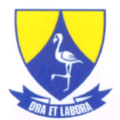In a remarkable display of dedication to education and hands-on learning, over 200 grade 10, 11, and 12 learners from Kuisebmond Secondary School had the unique opportunity to engage in laboratory experiments organized by the Rossing Foundation. These experiments, spanning the fields of biology, chemistry, and physics, were meticulously designed to equip the students with essential practical skills and knowledge to excel in their upcoming national exams. Despite resource constraints, the students found these practical sessions to be invaluable in enhancing their understanding and confidence in these subjects.
A Glimpse into the Practical Learning Experience
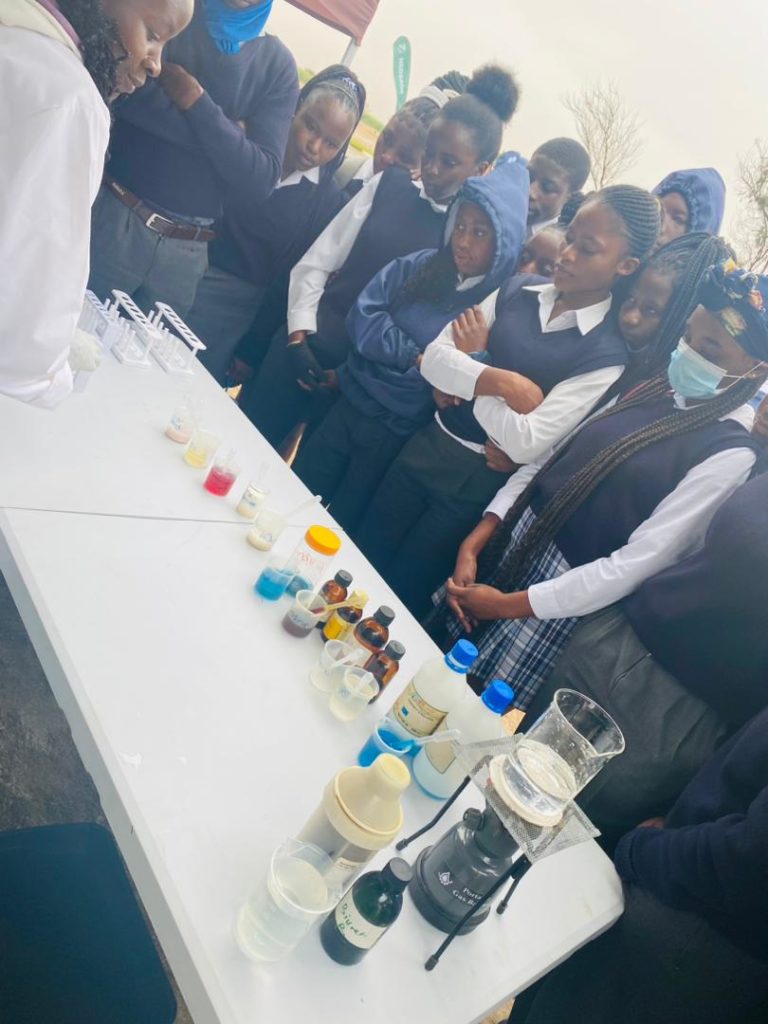

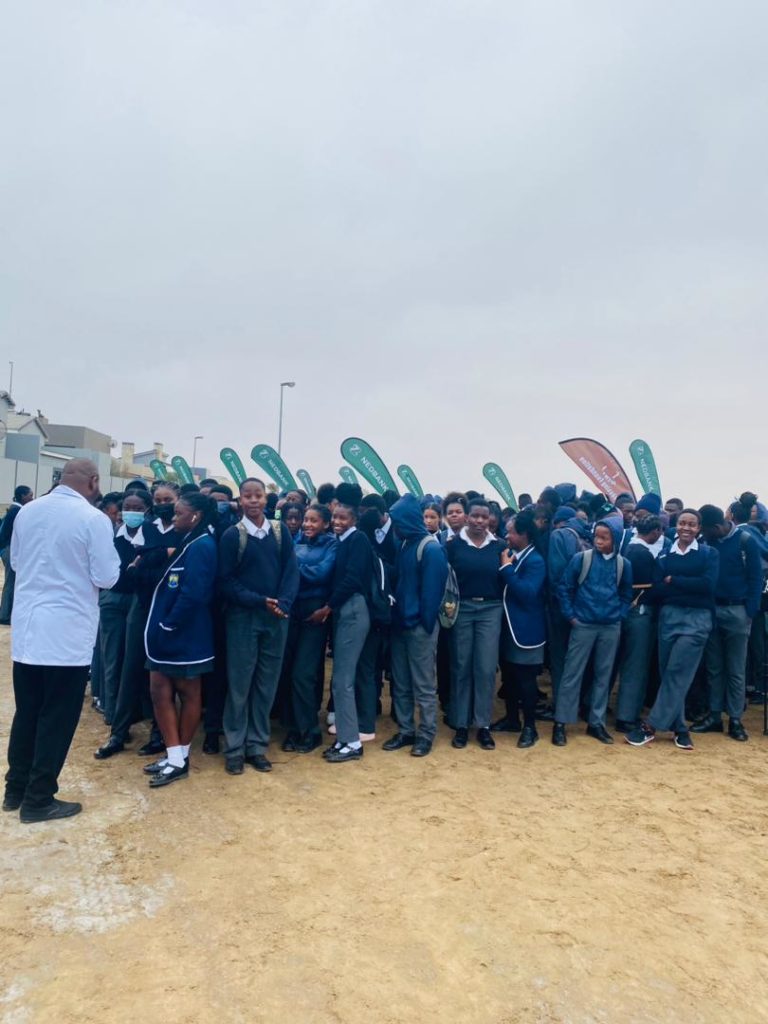
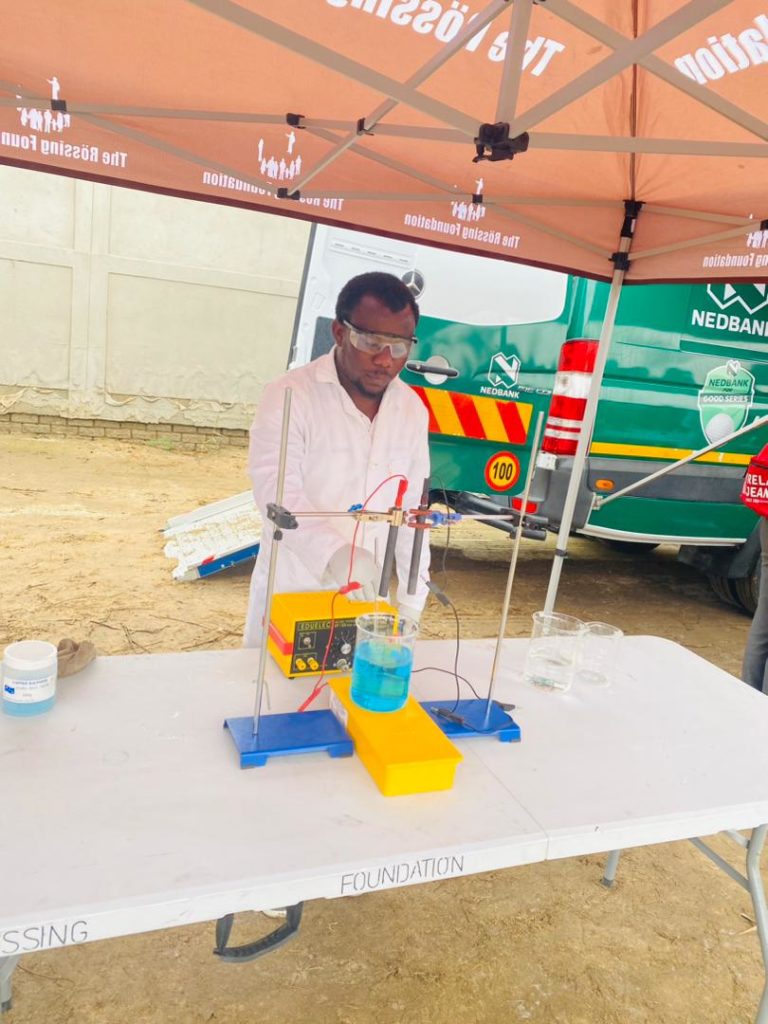
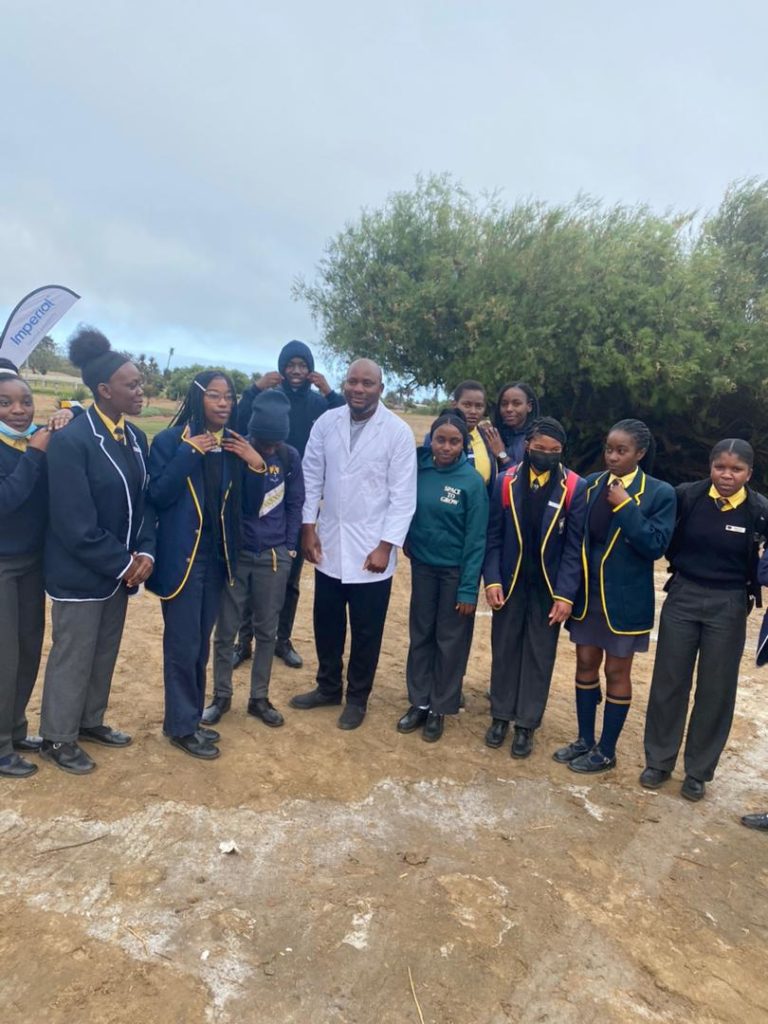
The eagerly anticipated event unfolded at the scenic Golf Course near Fairways, Walvis Bay, providing a fitting backdrop for the engaging scientific exploration that would ensue. Throughout the sessions, the students delved into a diverse array of experiments that not only brought textbook concepts to life but also ignited a sense of curiosity and wonder.
Bridging Theory and Reality: Hands-on Experimentation
The practical experiments covered a wide spectrum of scientific principles, allowing students to witness firsthand the phenomena they had only read about in textbooks. Some of the standout experiments included:
1. Osmosis: Students observed the movement of water molecules across semipermeable membranes, gaining a deeper insight into this essential biological process.
2. Food Tests: Through hands-on experimentation, learners uncovered the chemical indicators used to detect the presence of various nutrients in food, reinforcing their understanding of nutrition.
3. Chemical Test for Water: The students learned how to perform fundamental tests to identify the presence of water, an essential skill in both chemistry and everyday life.
4. Acid/Base Titration: The intricate art of titration was explored, allowing students to determine the concentration of acidic and basic solutions through careful experimentation.
5. Filtration: The process of separation through filtration was demonstrated, illustrating how mixtures can be divided based on particle size.
6. Density of Liquid: By measuring the density of liquids, students gained insight into density as a property and its significance in various scientific contexts.
7. Measuring Resistance of a Nichrome Wire: Engaging with electrical concepts, learners measured the resistance of a nichrome wire, deepening their comprehension of electrical circuits.
8. Electrolysis of Copper Sulfate: Through electrolysis, students witnessed the transformation of compounds, expanding their understanding of chemical reactions.
A Gratitude-filled Acknowledgment
The undeniable success of these laboratory experiments would not have been possible without the generous sponsorship of the Rossing Foundation. Their continuous investment in the educational advancement of Kuisebmond Secondary School students has been a driving force behind the school’s achievements. Notably, the foundation’s support led to substantial prizes for the school’s outstanding performers during the Erongo regional awards for grade 11 and 12 students in the previous year.
Conclusion
The Rossing Foundation laboratory experiments served as a beacon of inspiration for Kuisebmond Secondary School learners. Beyond the limitations of resources, the students were immersed in a world of scientific discovery and practical understanding. These hands-on experiences not only prepared them for their national exams but also fostered a profound appreciation for the sciences. As the legacy of this event continues to resonate, it underscores the immeasurable value of experiential learning in shaping the future of education.
